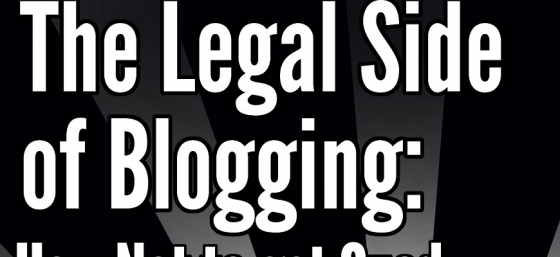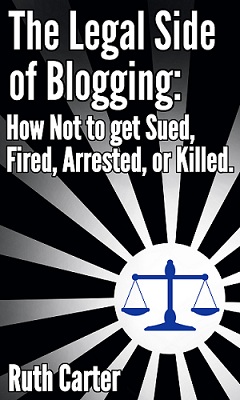
As a lawyer, clients come to help prevent or resolve legal problems. It’s my job to explore the pertinent facts of the situation, explain the legal implications to my client, present their options, and make recommendations. The decision of what to do is ultimately the client’s choice. When your lawyer recommends that you refrain from speaking about a situation publicly, that may be their polite way of saying, “Shut up. Anything you say will likely make your situation worse.”
What Not To Do
Today’s example of what not to do comes from Robert Scoble. After several women publicly accused him of sexual harassment and/or assault, he released a blog post entitled “No, of that I’m innocent.” In this post he wrote:
I have rejected my lawyer’s advice to not make a statement and in a spirit of healing I would like to address the issue head on with open and honest dialogue.
I’m glad he admitted that he was ignoring his lawyer’s advice. He went on to state what he called the “actual truth of the allegations” against him, naming his accusers, and calling out alleged misbehaviors of his accusers in their encounters with him.
If your lawyer is telling you not to talk about accusations against you, assuming you’re already in a hole. Stop digging.
Scoble also claimed he could not have sexually harass any of these women because he was never “in a position where I could make or break their careers.” Umm…that’s not how sexual harassment works. It can occur outside an employment, professional, or financial relationship.
Listen to Your Lawyer
When I first meet with a client, I explain that lawyer-client privilege applies, meaning I can’t repeat what I client tells me. The reverse is not true. I can’t control what a client says or posts when they leave my office. If I tell them not to talk about their case, it’s because I think that’s what’s in their best interest. As a third party, I’m not emotionally enmeshed in the situation. I can see the forest for the trees when they can’t and help move them towards the ultimate outcome they seek, and avoid pitfalls in the moment.
When it comes to internet posts, here are some of my general suggestions:
- Think before you post.
- Today’s righteous indignation may be tomorrow’s regret.
- Ditto for drunken rants.
The internet never forgets. One post can cost you your career, marriage, or reputation. Even if you delete a post you regret creating, you don’t know how many people saw, copied, or downloaded the post before you deleted it. And there’s probably a copy of that post on a server somewhere.
If your lawyer advises you not to talk about something online or otherwise, don’t do it. There’s a good chance you’re setting yourself up for more pain in the future, and there are some bells that we can’t un-ring.
If you want additional information about the legalities of social media, please check out my book The Legal Side of Blogging: How Not to get Sued, Fired, Arrested, or Killed. You can also contact me directly or connect with me on Twitter, Facebook, YouTube, or LinkedIn. You can also get access to more exclusive content that is available only to people on my mailing list.




